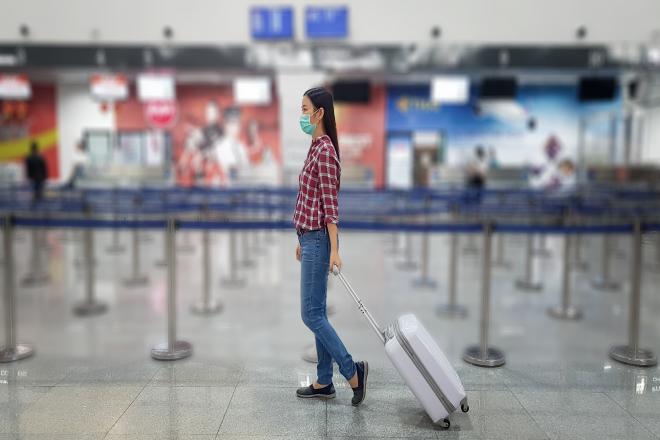
Thailand has been hailed for its response to the coronavirus disease (COVID-19) pandemic, which enabled the Southeast Asian country to flatten the curve as early as May 2020.
In a report published by the country’s Ministry of Public Health, Thailand shares its experience in addressing the pandemic and provides policy lessons to help other governments weather the crisis.
According to the World Health Organization, as of 20 September 2020, Thailand has 3,506 COVID-19 cases and 59 deaths.
The measures include implementing mandatory and voluntary measures to contain the outbreak, including remote working measures and social campaigns to “stay home, stop the virus, save the nation”; providing treatment free of charge to all COVID-19 patients, including non-Thai citizens; and enforcing travel restrictions both nationally and internationally in the first week of April 2020.
Here are five key lessons from Thailand’s COVID-19 response:
- Invest in health facilities. Thailand’s investment in basic healthcare infrastructure in the last 4 decades has prepared the country well for the pandemic. It has more than 1,000 public hospitals providing secondary and tertiary care services and more than 10,000 primary health care facilities providing primary healthcare services across the country. These facilities have been repurposed to accommodate COVID-19 patients and maintain other essential services.
- Provide universal health coverage. Thailand has provided universal health coverage since 2002. During the COVID-19 outbreak, the Thai government provided essential healthcare to all infected people, including foreigners. All COVID-19 patients were able to access essential treatment without financial barriers.
- Tap the community. The help of more than one million village health volunteers who complemented primary healthcare services at the community level was also crucial. The volunteers undertook door-to-door visits for health education, active case finding, disease surveillance, quarantine, and even made cloth masks for the people.
- Take early action. Three days after the People’s Republic of China (PRC) announced cases of pneumonia in Wuhan, Thai authorities started screening passengers from the Chinese city. Detection of the first COVID-19 case outside the PRC prompted strong public health measures and campaigns. The country also undertook a whole-of-government approach led by top political leaders, establishing the Center for COVID-19 Situation Administration (CCSA), chaired by the Prime Minister.
- Ensure nationwide public cooperation through effective social measures. Daily press conferences by the CCSA’s spokesperson and risk communication by the Ministry of Public Health executives and experts provided essential information to the public and repeatedly motivated healthy behaviors. The government closely monitors the people’s COVID-19-related behaviors and decides accordingly.
This story is adapted from an article on the Greater Mekong Subregion website published on 2 September 2020.

